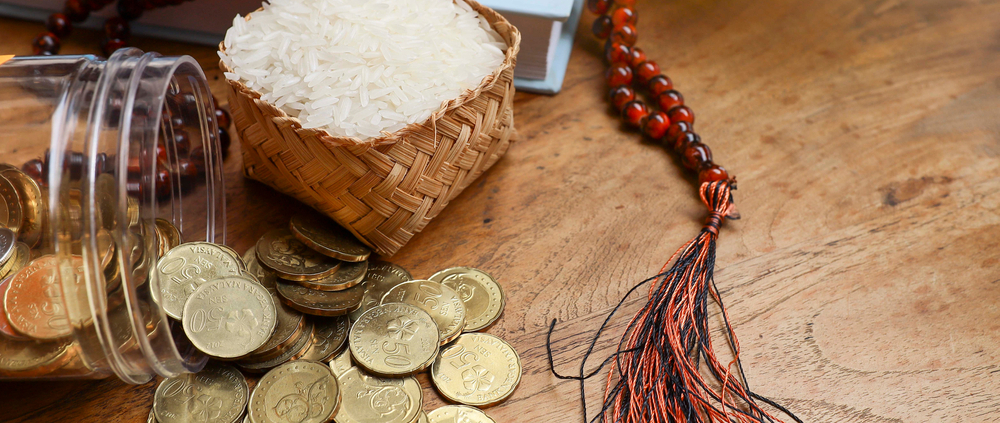How Do I Pay Missed Zakat from Previous Years?
Hanafi Fiqh
Answered by Shaykh Yusuf Weltch
Question
When paying Zakah for years missed in the past (for example, five years, 500 g gold), does one calculate the 2.5% and multiply it by five, or can one subtract the 2.5% from the amount of the first year and then calculate the new 2.5% for the next year with the reduced amount of gold?
What is the ruling on this in the Hanafi Fiqh?
Answer
In the Name of Allah, the Most Merciful and Compassionate.
When one misses paying Zakat that was due on them, it becomes a debt that is obligatory for them to pay. Due to this, when they calculate their future Zakat, they must subtract 2.5% from their total wealth (including the debt) as they would for any debt sought for the benefit of creation. [Ibn ‘Abidin, Radd al-Muhtar]
Note that even though Zakat is a debt due to Allah Most High as opposed to a personal loan from a human, it is legally considered a debt owed to creation. The words “owed to the creation” can refer, as the scholars mentioned, to the Muslim leader responsible for collecting the Zakat or the poor to whom the Zakat is paid. [Ibid.]
Scenario
If one has 500g of gold and one entire lunar year passes over that wealth, 2.5% (12.5g) is due in Zakat. If they did not pay the Zakat for that year, they would owe the 12.5g, and 2.5% will now be calculated from the 487.18g of gold (appx 12.2g).
This will continue for each year of missed Zakat. The above does not account for any gains accrued on the 500g of gold or other additional zakatable assets. It is merely an example to illustrate this point.
Hope this helps
Allah knows best
[Shaykh] Yusuf Weltch
Checked and Approved by Shaykh Faraz Rabbani
Shaykh Yusuf Weltch is a teacher of Arabic, Islamic law, and spirituality. After accepting Islam in 2008, he then completed four years at the Darul Uloom seminary in New York where he studied Arabic and the traditional sciences. He then traveled to Tarim, Yemen, where he studied for three years in Dar Al-Mustafa under some of the greatest scholars of our time, including Habib Umar Bin Hafiz, Habib Kadhim al-Saqqaf, and Shaykh Umar al-Khatib. In Tarim, Shaykh Yusuf completed the memorization of the Quran and studied beliefs, legal methodology, hadith methodology, Quranic exegesis, Islamic history, and a number of texts on spirituality. He joined the SeekersGuidance faculty in the summer of 2019.
